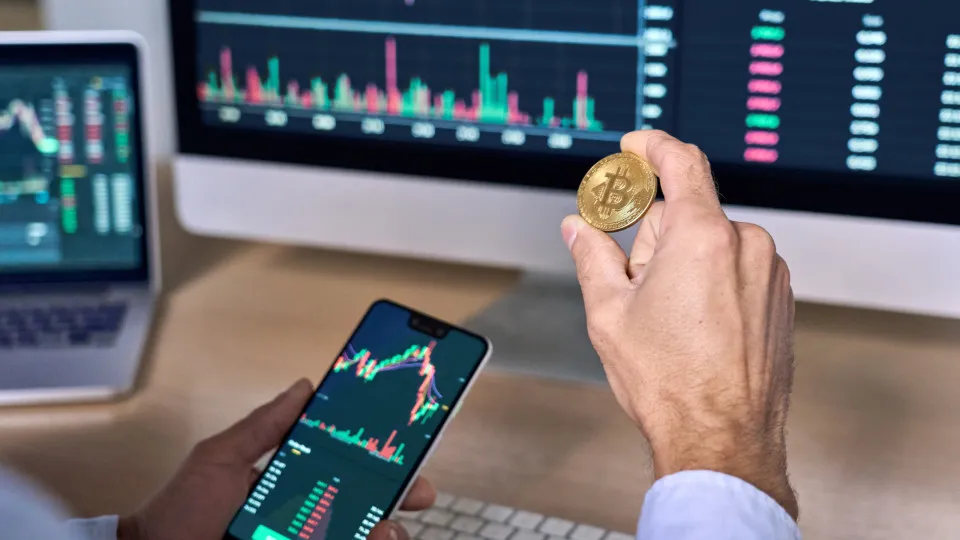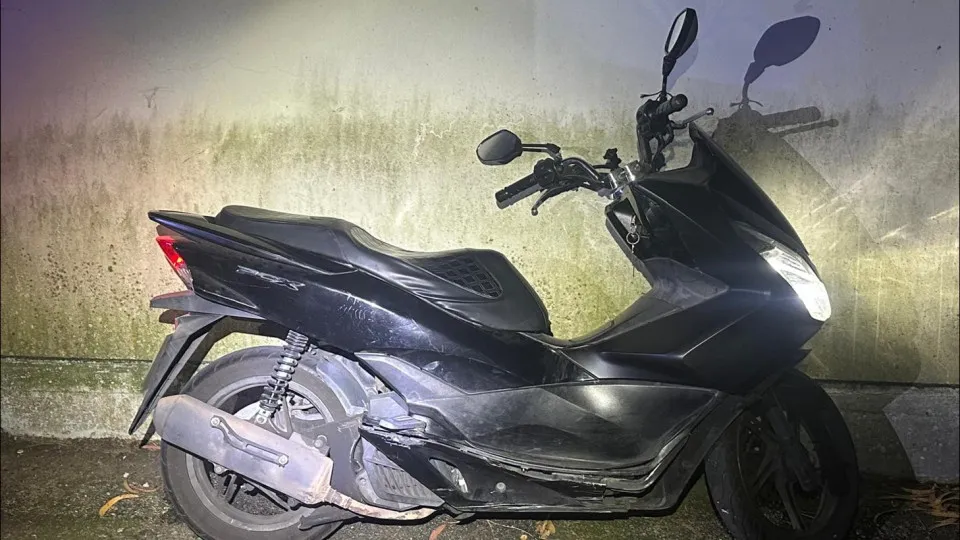
Have you come across an advertisement online or on social media offering an irresistible deal, promising substantial returns on cryptocurrency investments overnight? Be vigilant, as it is “likely to be a scam designed to convince you to invest money in exchange for large returns that never materialize,” warns the Bank of Portugal (BdP).
“Fraudsters often impersonate representatives of entities that allegedly manage cryptocurrency investments or offer assistance in recovering supposedly held cryptocurrencies,” adds the BdP, advising: “Don’t fall into the trap.”
What are cryptocurrencies?
Cryptocurrencies or virtual assets (such as Bitcoin, Ethereum, PAX Gold), as explained by the BdP, “are digital representations of values or rights that can be transferred and stored electronically.”
“Although they can be used for payments, they do not have legal tender status in Portugal, so no one is obliged to accept payments in virtual assets. Virtual assets are not guaranteed by the Bank of Portugal or any other national or European authority,” it adds.
It is also important to know that “most virtual assets are subject to significant volatility” and “in the event of partial or complete devaluation of these assets, there is no fund to cover potential losses, meaning users bear all risks associated with transactions involving these instruments.”
“As such, holders of virtual assets may lose much or all of their invested capital,” explains the BdP.
Tips to Protect Yourself (according to the Bank of Portugal)
- Do not make financial decisions based solely on online recommendations
“Adopt a critical attitude towards information obtained online, which may be misleading and use manipulated information and testimonials. Do not respond to unsolicited messages, and block or report the phone number/profile. Do not share personal data with online contacts.”
- If an opportunity seems too good to be true, be suspicious
“Be cautious of irresistible offers with promises of significant and immediate gains, as they often correspond to fraudulent situations. Cryptocurrencies are extensively used in scams because they are complex products that many people do not understand. Educate yourself about the products you intend to purchase and clarify all your doubts.”
- Ensure that you purchase financial products and services from real, trustworthy, and established market entities
“Be skeptical if you cannot find an address, phone contact, or legal information about the entity. Keep in mind that most entities dealing in virtual assets are not based in Portugal, so any potential conflict resolution may be outside the jurisdiction of national authorities. There is no supervisor to verify whether these entities are reliable and capable of fulfilling their medium and long-term commitments. Nor is there a supervisor ensuring that these entities correctly inform customers about the services provided and the risks associated with these investments.
Despite this, confirm if the entity appears on alerts issued by financial supervisory authorities for not being authorized to market the products and services in question, particularly on the European Securities and Markets Authority website.
The Bank of Portugal is the national authority responsible for supervising entities that, as of December 30, 2024, were registered and had commenced operations, engaging in certain activities with virtual assets in Portugal, but only for the purposes of preventing money laundering and terrorist financing. The Bank of Portugal has no authority to monitor whether these entities are financially sound and whether they provide all necessary information to clients.”
And don’t forget:
- In case of doubt, do not share personal data;
- Immediately contact your bank or another payment service provider if you notice unauthorized transactions in your account;
- If you fall victim to fraud, report the situation to the nearest criminal police authority (PSP, GNR, or PJ) or the Public Prosecutor’s Office.




